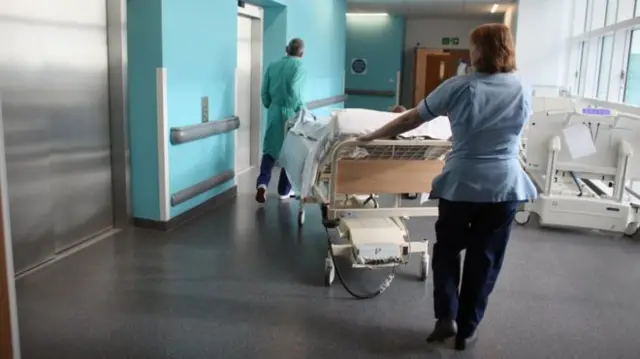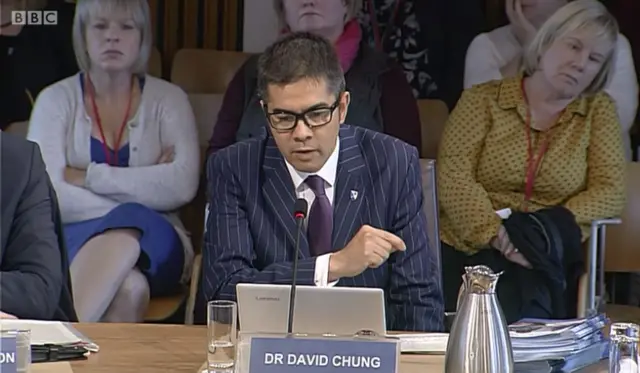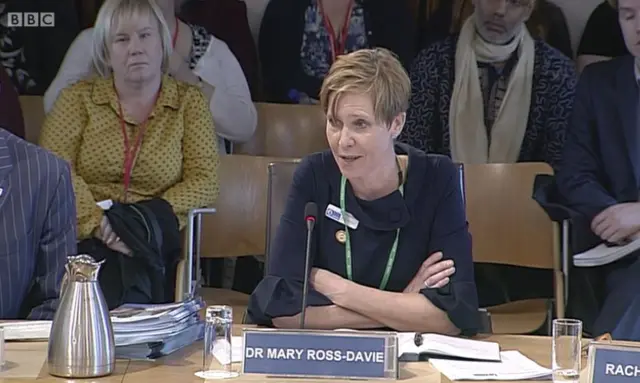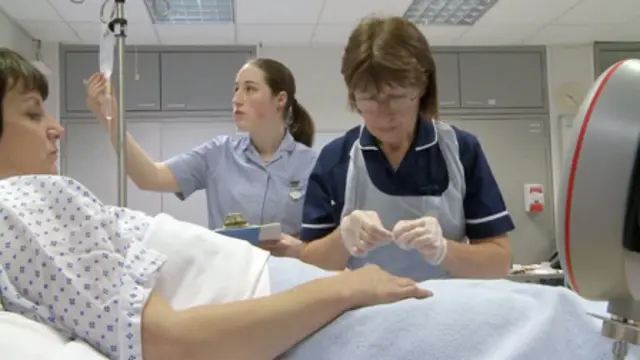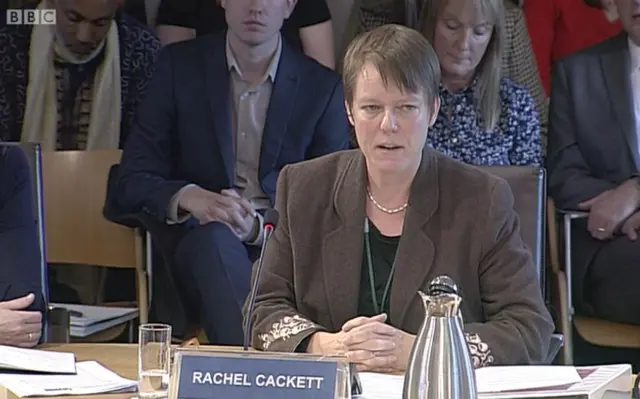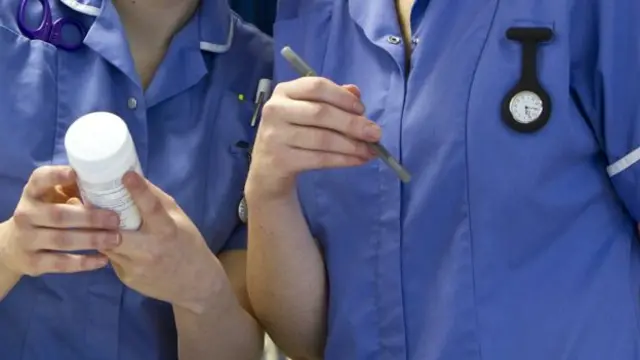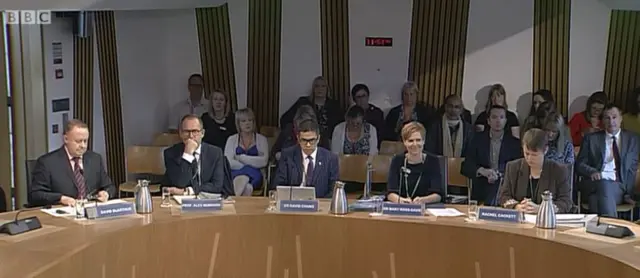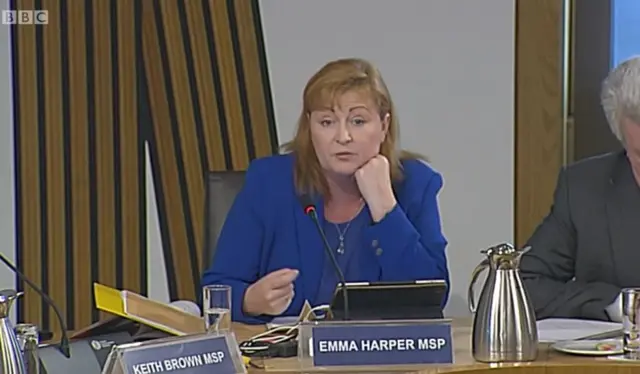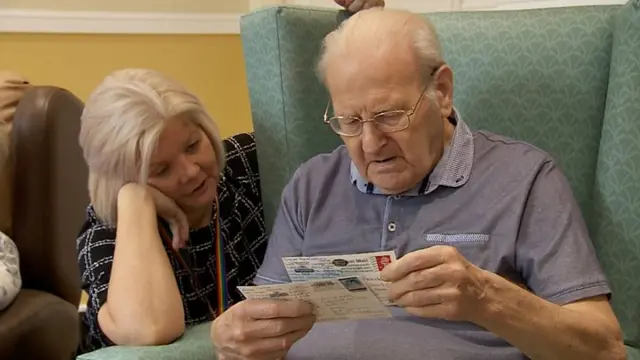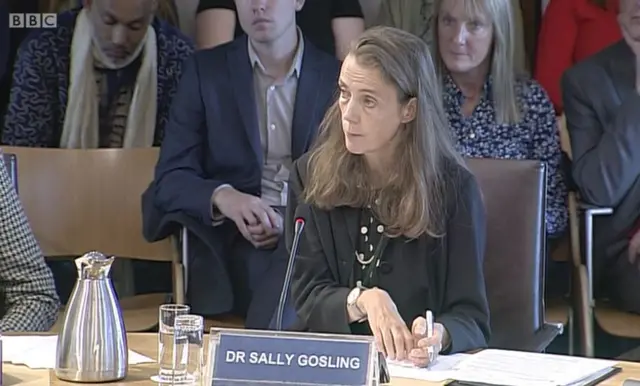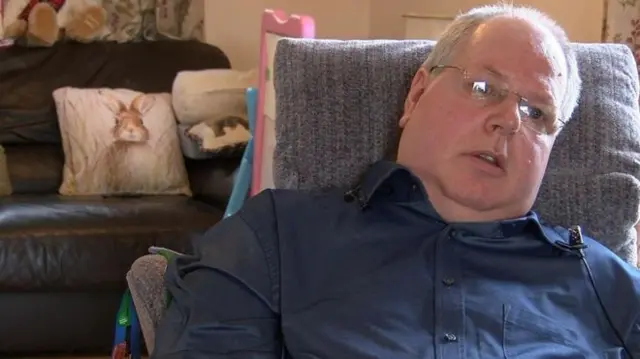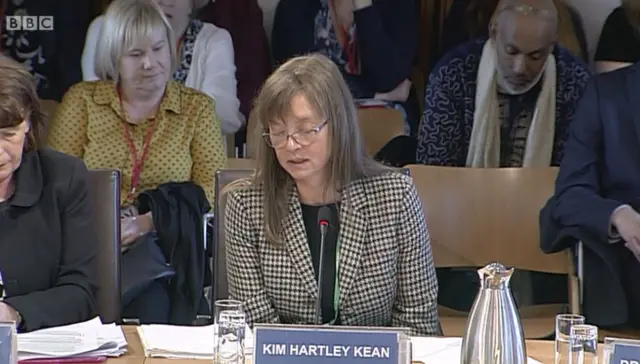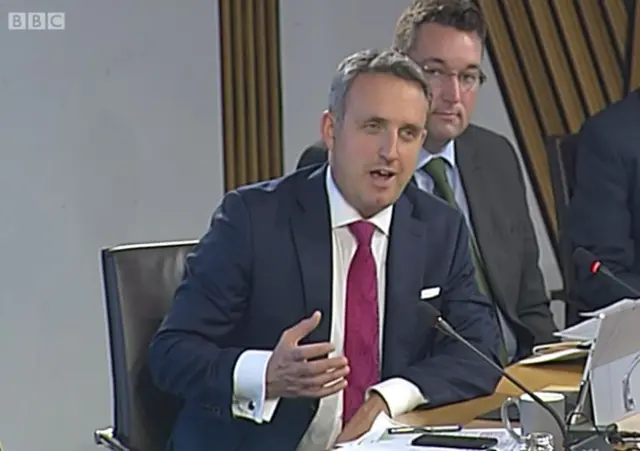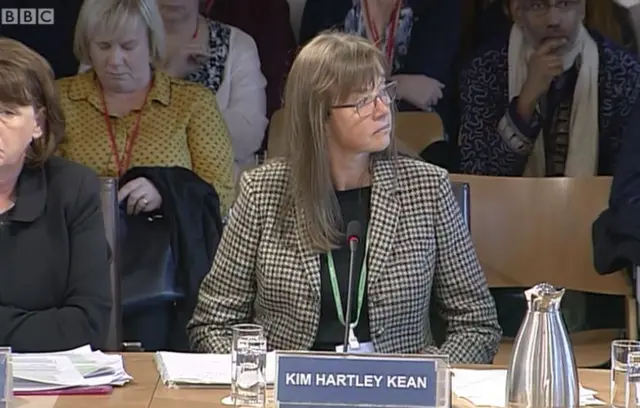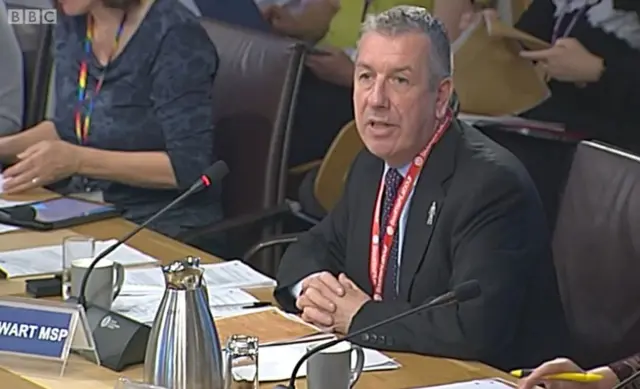Evaluation of tools must be consideredpublished at 12:21 BST 11 September 2018
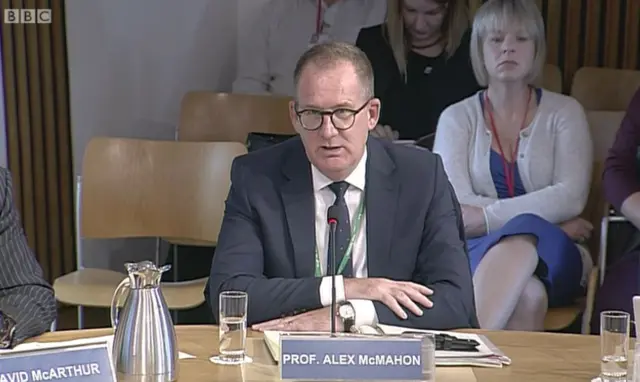
Prof Alex McMahon of the Scottish Executive Nurse Directors Group
Prof Alex McMahon of the Scottish Executive Nurse Directors Group (SEND) says the tools are not perfect but there are ways to evaluate and alter them.
This must be addressed in the bill going forward, he states.
Prof McMahon insists the legislation must not become bureaucratic in nature.
David McArthur of NHS Orkney says the tools will be helpful in that they will provide transparency.
However he expresses concern about the lack of specificity in the bill on the impact on remote and rural areas.

